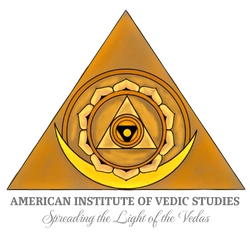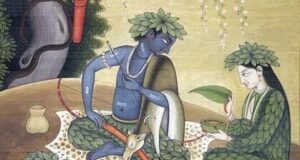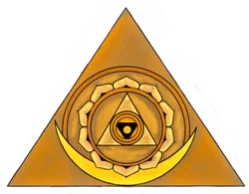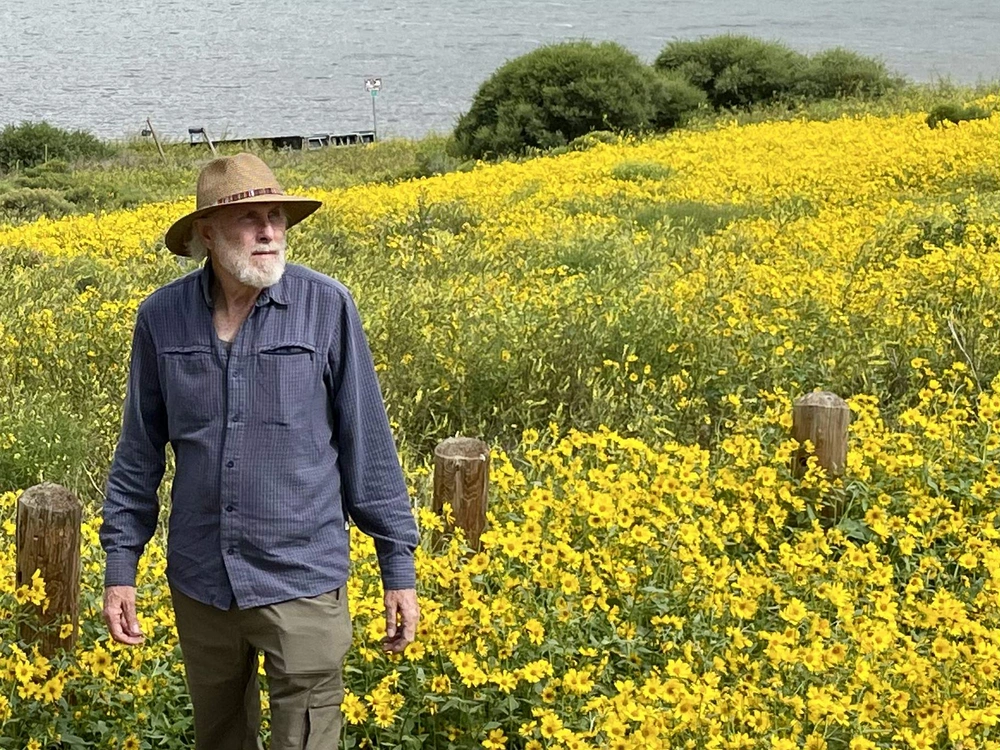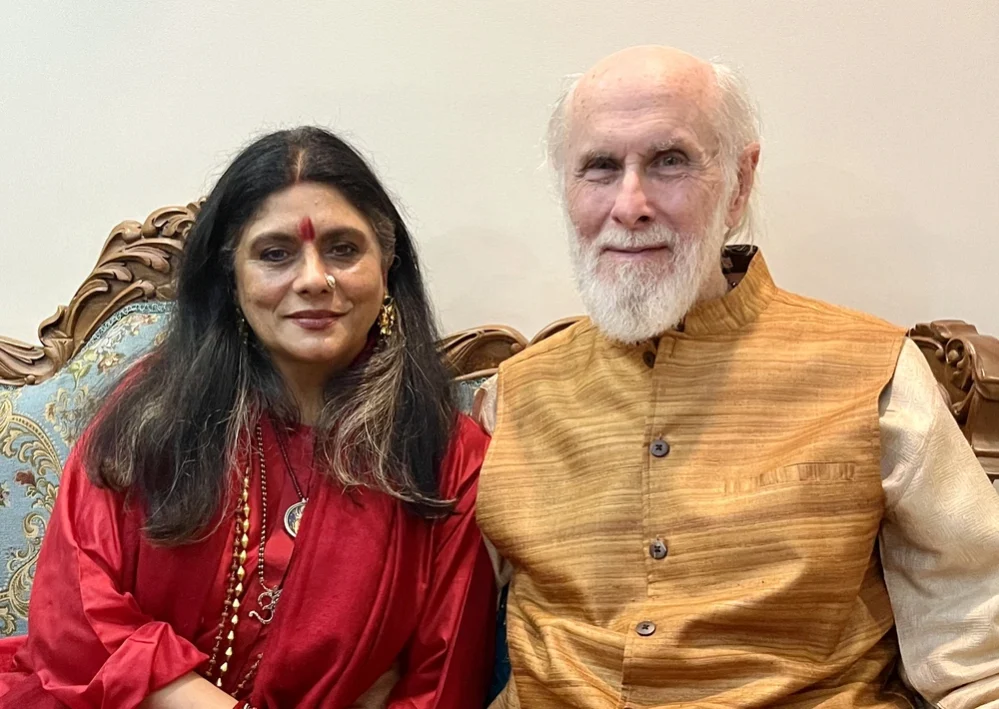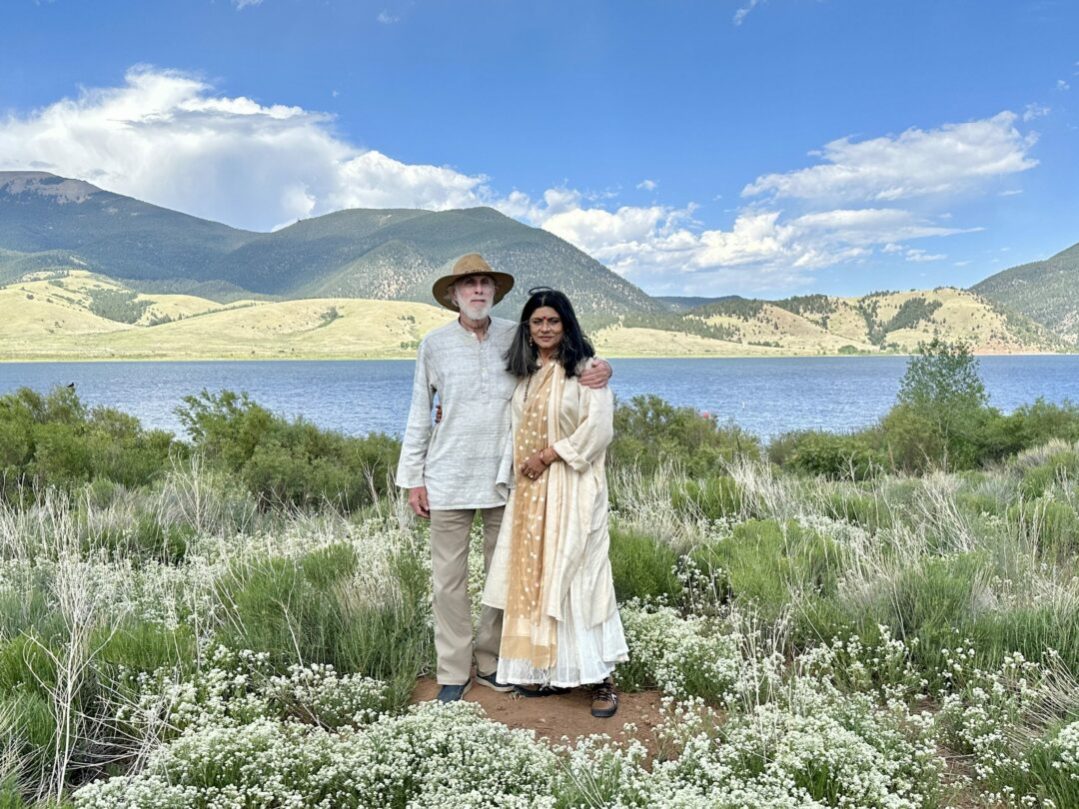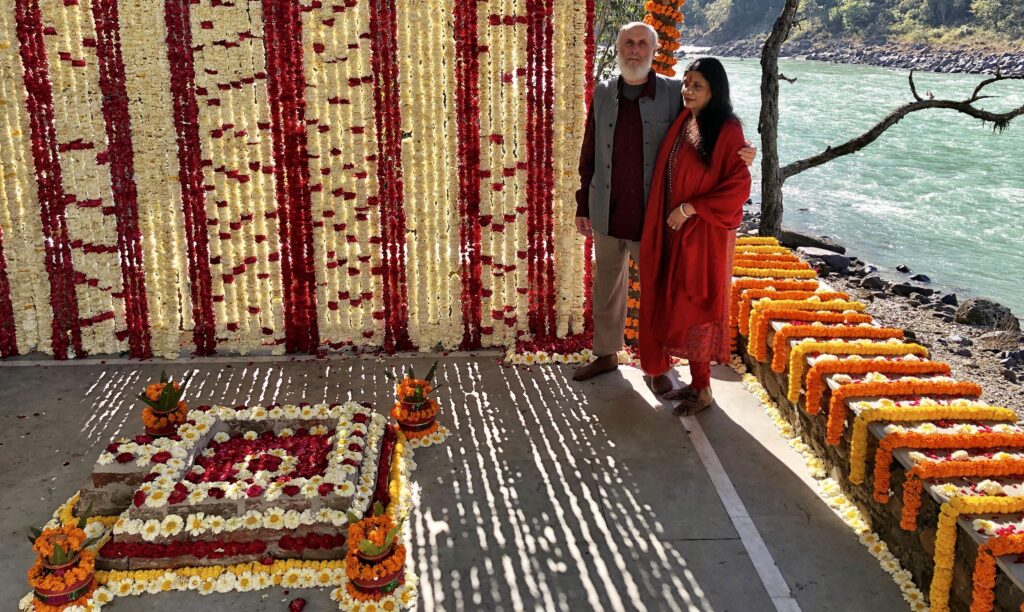
The heart as an organ at a physical level is the basis of our health and longevity. Our life begins with our first heartbeat and ends with the last. The heart sets in motion the circulation that governs our physiological and organic functioning on all levels. It forms the core of our physical existence and upholds our wellbeing and equilibrium, the very harmony of our physical lives.
The heart is not only responsible for the physical condition of the body, its organs and tissues, it reflects the energy and vitality of the body overall. The heart is the seat of the life-force or prana that sustains the movement of life throughout our entire organism. The outer structure of the body is developed and sustained by the inner power of the heart. The prana centered in the heart holds our vital urges and instincts including hunger, thirst, reproduction, and survival. These vital urges are strong and immediate in their influence. If unfulfilled they cause disturbances with body and mind that we must quickly address.
Heart disease is one of the main causes of death. It may be congenital or the result of other diseases like diabetes, respiratory problems, obesity, or lifestyle factors like wrong diet, lack of exercise, stress, lack of sleep and overwork. It can be a complication of our artificial living patterns today on all levels. It has powerful psychological and emotional implications.
The Heart, Mind and Emotions
Yet the influence and role of the heart extends from the nervous system and life urges into the mind. Psychologically, the heart is the root of our emotions and the basis of our sense of mental wellbeing. This emotional heart, though connected to the physical heart has its own identity, functions and actions. It is not purely physical in nature or a mere consequence of the actions of the physical heart. It influences the physical heart for good or ill.
The emotional heart is the seat of our emotions with desire as the root emotion, but also fear, love and hate, anger, envy, and jealousy, though these influence other organs of the body as well. The emotional heart has a powerful influence on the physical body and physical heart, as we all have experienced. Physical diseases can be caused by or increased by emotional afflictions, stress and unhappiness.
The emotional heart is strongly connected to relationship issues as our main emotional patterns of attraction and repulsion, happiness or sorrow. Relationships create powerful emotional energy fields between partners that affect uss on physical, subconsciousness, pranic and spiritual levels. Healing our relationships is very important for healing the heart.
Healing our Relationships is part of Healing the Heart on all Levels.
Note our Program on Yogic Relationships. Sept. 6-8 Zoom or in Person in Vienna, Austria
The Heart Chakra (Anahata Chakra)
In addition to the physical and emotional aspects of the heart, yogic teachings recognize a heart chakra (Anahata) as part of the subtle body, which directs the movement of prana and awareness into the physical body, with connections to the air element, the sense of touch and the skin. The heart chakra at a deeper level is connected with higher states of consciousness, devotion and compassion. As the fourth of the seven chakras it holds the middle position in all the chakras and helps harmonize and unify all of them.
The heart chakra upholds the subtle body and its subtle prana and mind, just as the physical heart upholds the physical body. Yoga seeks to develop this subtle body which transcends death and is the vehicle for experiencing subtle worlds of light, imagination and vision. Generally one must awaken and purify the subtle body in order to move to the formless Self. This requires an inner awakening of the heart chakra, which holds our highest aspirations, including the seeking of immortality and union with the Divine. The heart chakra holds a much deeper level of feeling, as a seat of devotion and honoring the Divine.
The Spiritual Heart (Hridaya)
Beyond the heart chakra is the spiritual heart (Hridaya), the core level of our being, the inner center of who we are in eternity, The Hridaya is the ultimate origin for the mind, speech and prana behind our every birth. and the seat of our reincarnating being (Jivatman) that links us to the Divine Creator (Ishvara) and the Supreme Self (Paramatman). Bhagavan Ramana Maharshi explains this clear in his profound teachings on Non-duality and Self-realization.
The Hridaya contains a deeper level of thinking and knowing than the mind, rooted in direct perception and unmediated experience, connected to wisdom that arises from the silent mind. In this regard, the Hridaya has an inner power of seeing (Drishti), hearing (Shruti) and realizing.
The spiritual heart holds and rules over all the chakras of the subtle body and is the root power behind the causal body as well. In the causal body, we hold our karmic patterns that hold us in the outer world of Maya, moving into the Hridaya takes us beyond these. Yet the Hridaya also connects us to our higher Self and unity consciousness beyond the physical, subtle and causal bodies and all the chakras. It takes us beyond all the pain, unhappiness and sorrow of body and mind.
Self-Healing and Self-Realization from the Spiritual Heart
The spiritual heart or Hridaya is the ultimate source of healing, vitality and wisdom for all. It holds the highest Ojas or power of immunity for body and mind, including subtle and causal bodies. Connecting to it aids us in physical, emotional, mental and spiritual wellbeing, and harmonizes all levels of our nature to our inner Self. How then do we connect to the Hridaya?
This connection requires that we turn our current of awareness within to the heart, searching for our true nature and Self (Atman/Purusha) which is one with all. This is the basis of a deeper Pratyahara, which is withdrawal into the heart, the highest Dharana, which is focusing our concentration in the heart, the highest Dhyana, which is meditation on the heart, and Samadhi which is mergence into the heart. This means turning our prana and senses within, developing a power of attention and concentration, meditation with a focused and silent mind. It takes us into unity consciousness or Nirvikalpa Samadhi, dwelling in the Hridaya in which the mind is naturally calmed.
The Hridaya is the seat of the Divine within us. We can surrender to it with devotion (bhakti) or uncover it with Self-knowledge. It contains the entire universe with itself. We all need to listen to and return to our hearts for our true wellbeing and bliss. But this is to return to the Hridaya or spiritual heart. It facilitates deep physical and emotional healing, as well as helping us develop our highest creative and intuitive powers. In it we discover our relationship with all existence.
Do follow your heart in life, but go its deeper core as the spiritual heart (Hridaya) and unity consciousness. Then all your true wishes will be fulfilled, which is to dwell in and share the highest Ananda with all.
Acharya Vamadeva (David Frawley)
